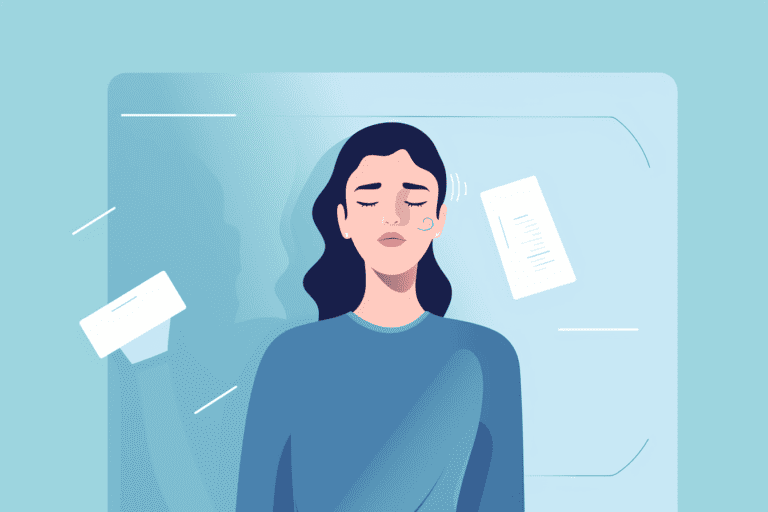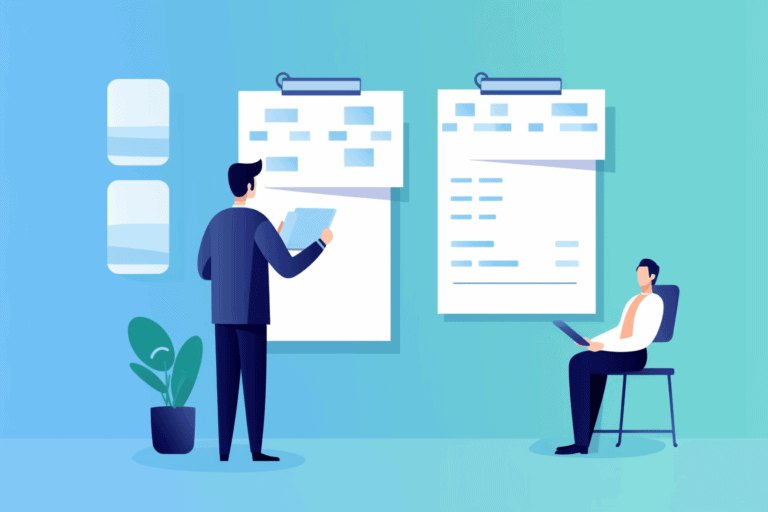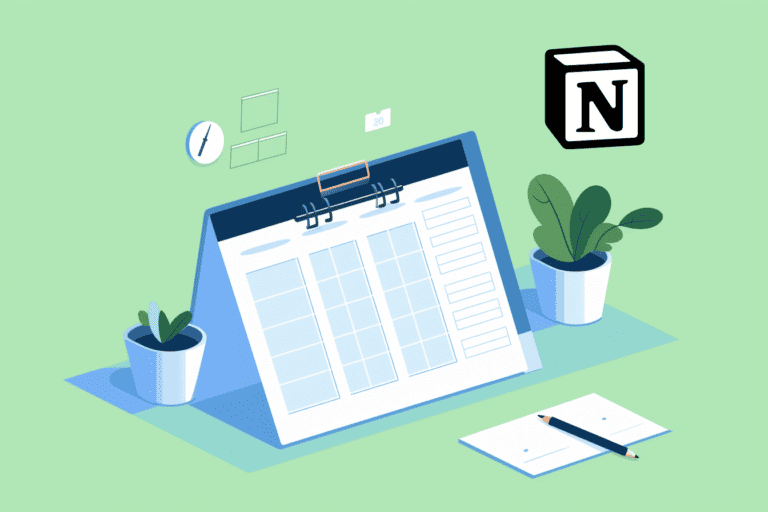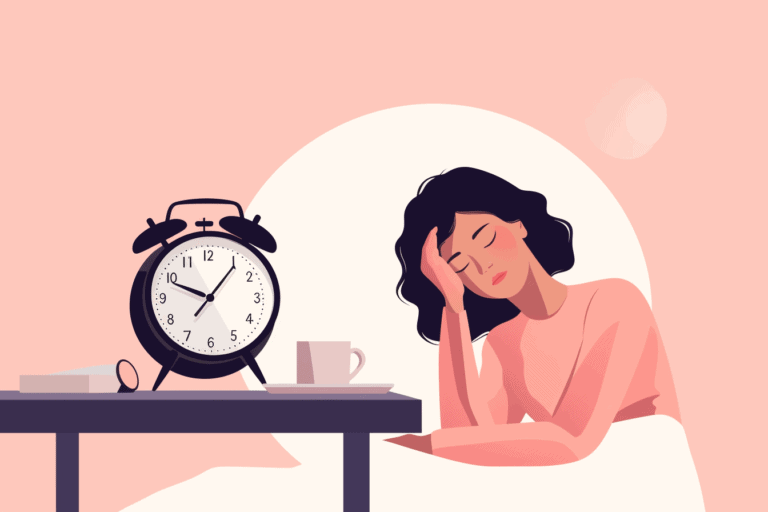58 Easy Organization Tips for ADHD Adults: Home, Life & Work
Do you find yourself constantly misplacing your keys, forgetting important calendar dates, or struggling to keep up with a seemingly never-ending to-do list? If you’re an adult with ADHD, these experiences might feel all too familiar.
Well, you’re not alone, and the good news is that it doesn’t have to be this way!
We’ve put together this post precisely for you. We understand that for people with ADHD the usual organization tips might not cut it.
That’s why we’ve gathered 52 strategies geared toward your unique needs as an ADHD adult.
Our aim is to help you streamline your routines, reduce the chaos, manage time, and bring tranquility into your daily life.
With that said, let’s first take a look at why it is so difficult for ADHD adults to stay organized.
Why do adults with ADHD struggle to be organized?
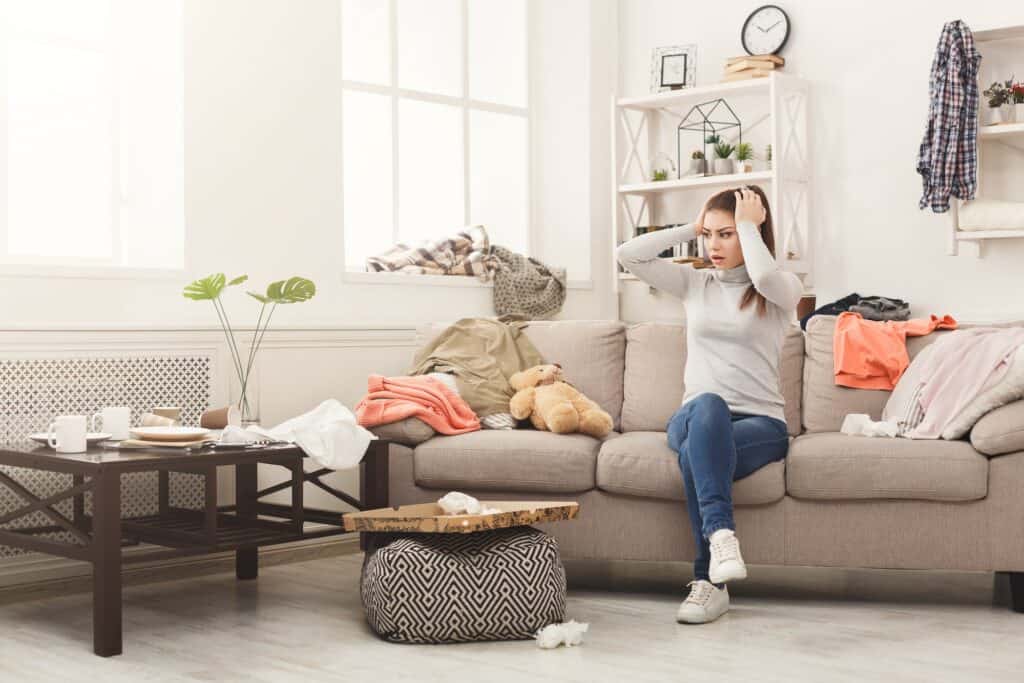
Let’s delve into the unique characteristics of adult ADHD (attention deficit hyperactivity disorder) that contribute to these difficulties.
Cognitive and Attentional Challenges
The way our minds operate can be likened to a vibrant marketplace, where thoughts and ideas constantly vie for attention. Managing and directing these thoughts can be quite demanding, making it challenging to maintain a structured and organized approach to tasks.
Difficulty with Sustained Focus
Maintaining complete focus on a single task for an extended period can be akin to catching a slippery fish with ADHD. Our attention tends to flit from one thing to another, making it hard to stay on track.
Problems with Task Initiation and Completion
Starting tasks can feel like scaling a mountain, and once we begin, staying the course until completion can be another uphill battle. We may find ourselves jumping from one activity to the next without fully completing any of them.
Procrastination and Time Estimation Problems
Procrastination can be a formidable foe, causing us to delay tasks until the last minute. Additionally, accurately estimating the time required for activities can feel like a guessing game, often leading to unexpected delays. When tasks pile up and deadlines approach, it’s easy to feel overwhelmed, making it even harder to get started and manage our time effectively.
Impulsivity and Distractibility Affecting Organization
Impulsivity can lead us to act without fully considering the consequences, resulting in deviations from our planned course of action. Distractions can easily divert our attention from important tasks.
Difficulty in Maintaining Organization Systems
While creating organization systems may seem feasible, adhering to them can present challenges. Staying consistent with established systems can sometimes be difficult amidst the unpredictability of ADHD.
Now, let’s tackle the clutter and keep things organized even with ADHD! Check out these top tips for ADHD adults that can make life easier and more enjoyable.
Top Organization Tips for ADHD Adults
Clutter Control
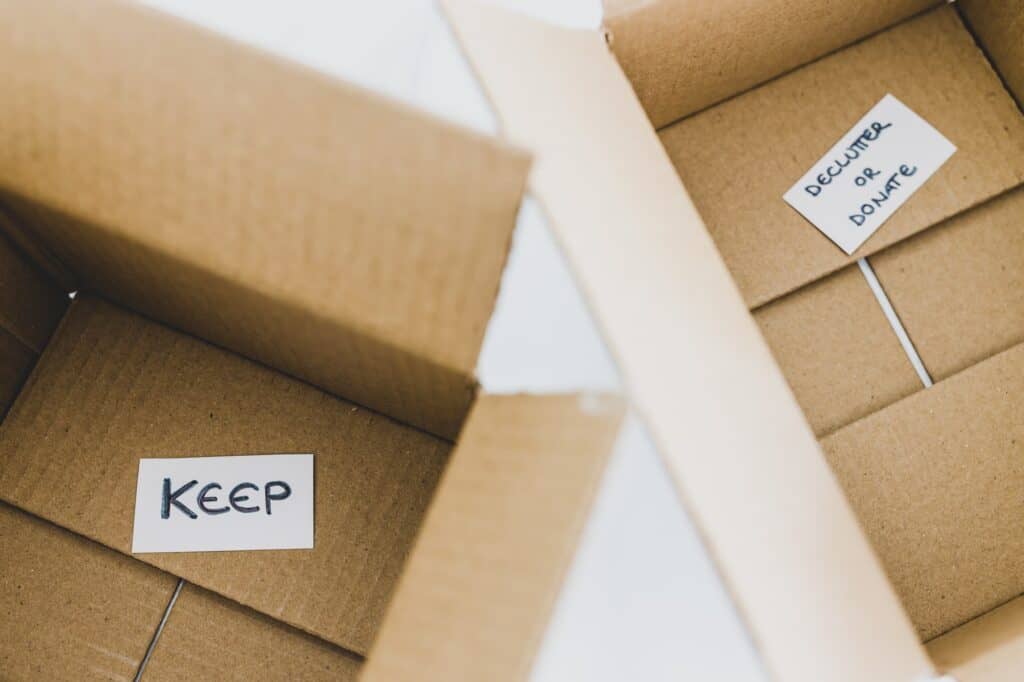
1. Implement a 10-Minute Tidy-Up: Set a timer for 10 minutes each day to tidy up and put things back in their proper places. Small efforts daily to get organized will lead to a more organized home.
2. Declutter with a “Ripening Drawer”: Avoid obsessing over minor items by using a dedicated drawer to stash things you’re unsure about. Let go if unused after a while.
3. Stay Organized with Labeled Storage Containers: Easily find items by labeling your storage containers.
4. Create a Designated Area for Time-Sensitive Documents: Keep active papers and important documents in a “hot spot” to meet deadlines.
5. Simplify Dressing with a Color-Coded Wardrobe: Coordinate around specific colors for effortless outfit choices (Inspired by “The Happiness Project”).
6. One in, One out: For a clutter-free space, follow the “one in, one out” rule. When you bring in a new item, remove one you no longer need to keep things organized and manageable.
7. Reduce Junk Mail by Promptly Processing Daily Mail: Prevent clutter buildup by handling mail promptly.
8. Employ a Donation Bin: Keep a designated bin for items you no longer need or use. When it’s full, donate the contents to reduce clutter.
9. Declutter with a Friend as Your “Clutter Companion”: Enlist help from a friend or family member for productive decluttering.
Around the House
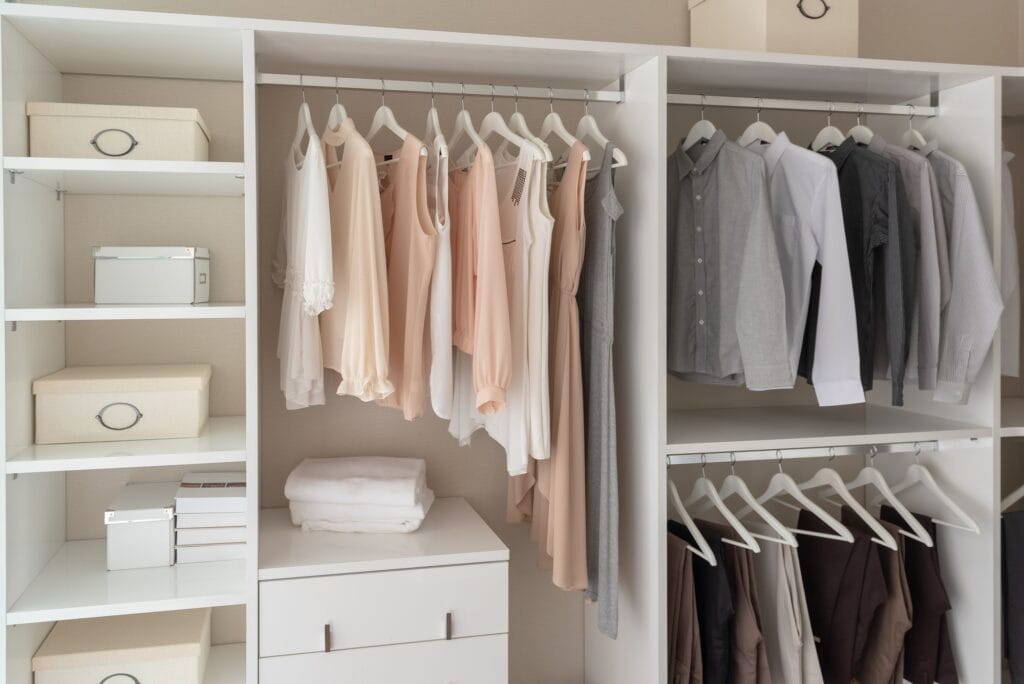
10. Utilize Spare Moments for Quick Organizational Tasks: Waiting for the water to boil? Use those spare minutes to tidy up a corner or organize a shelf. Small efforts add up! Inspired by the concept of “Micro-actions” from “Small Move, Big Change” by Caroline L. Arnold.
11. Stay on Track with Sticky Notes and Resume Tasks After Interruptions: Life is full of interruptions, but sticky notes are your secret weapon. Jot down where you left off, and you’ll jump back into the groove effortlessly.
12. Designate a “Capture” Area for Incoming Items: Create a designated spot, like a designated basket or tray, where incoming items like mail, packages, or other items brought in from outside land. This way, you can sort them later (“The Clutter Connection” by Cassandra Aarssen).
13. Create Distinct Zones in the Garage for Organized Storage: Turn your garage into an organized wonderland! Divide it into zones for tools, sports gear, and gardening essentials.
14. Minimize Unread Magazines and Cancel Subscriptions: To reduce clutter, be selective with magazine subscriptions. Let go of ones you never read, freeing up space and avoiding unnecessary accumulation.
15. Utilize Wall Storage: Install hooks, shelves, and pegboards on walls to maximize vertical space and keep frequently used items within reach.
16. Prepare in Advance for Efficient Meal Preparation: Inspired by “The Art of Simple Food” by Alice Waters, cooking will be much easier when you do some prep work in advance. Lay out the ingredients, and you’ll be a master chef in no time!
17. Digitize Recipes with a Recipe Organizer: Go digital and use a recipe organizing app or software to access your favorite recipes anytime, anywhere, without paper clutter.
18. Reduce Paper-Based Clutter on your Desk: A cluttered desk can cloud your mind. Clear the unnecessary papers and keep only what you need within reach (“Getting Things Done” by David Allen).
19. Use Colorful Stickers on File Folders for Easy Identification and Accessibility: Make your file folders pop with colorful stickers. You’ll spot what you need in a snap!
20. Use Digital Platforms for Contact and Information Management: Say hello to digital organization, and keep all your contacts and info in one place, easily accessible at your fingertips.
21. Organize Tasks with Index Cards in a Card File: Let index cards be your task superheroes! Jot down each task on a card, and you can shuffle and prioritize them effortlessly.
22. Designate a Laundry Basket: Keep your laundry room tidy by having a designated laundry basket where family members can easily toss their dirty clothes. This simple step will help prevent clothes from piling up around the house and make laundry day more organized.
If you want to learn more cleaning tips for ADHD adults, read: How to Clean Your Room with ADHD
Work and Productivity:
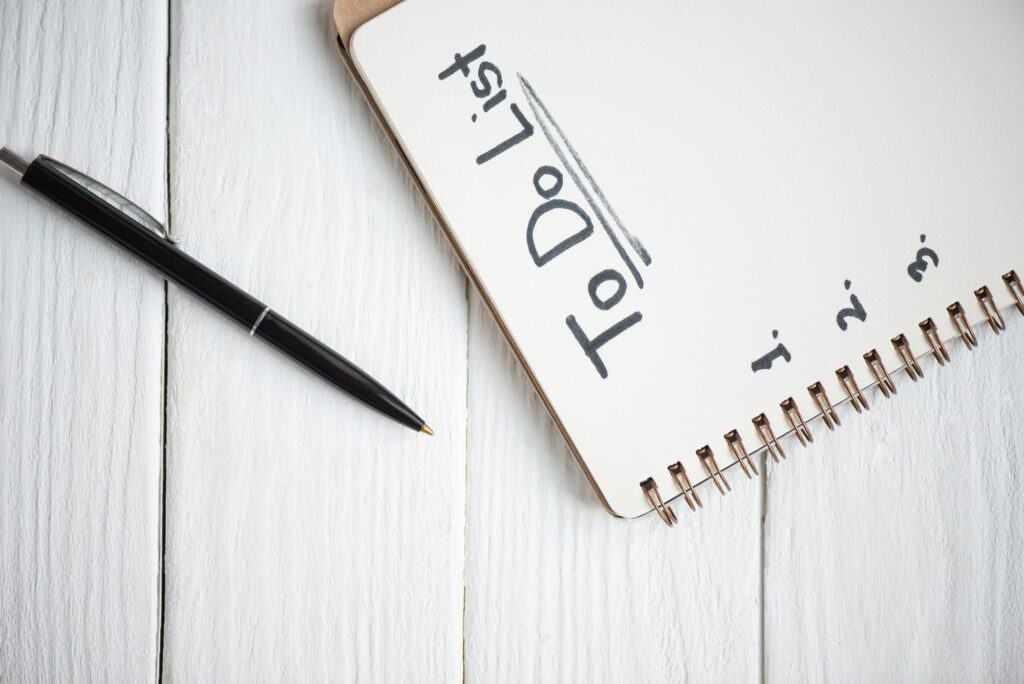
23. Combine Tasks to Enhance Productivity: Maximize efficiency by pairing up tasks that complement each other, allowing you to accomplish more in less time.
24. Minimize Distractions: Create a focused work environment by identifying potential distractions and implementing strategies such as noise-cancelling headphones, organized digital desktops, and website blockers.
25. Implement the Two-Minute Rule: Tackle small tasks immediately if they can be done in under two minutes, preventing them from piling up and draining mental energy.
26. Break Down Projects into Manageable Steps: When faced with a large project, divide it into smaller, more manageable steps. This approach prevents feeling overwhelmed and allows you to focus on one task at a time, making progress more achievable and less daunting.
27. Keep To-Do Lists Concise and Prioritize Tasks Effectively: Utilize concise to-do lists to stay organized and efficient, placing high-priority tasks at the top for optimal time management.
28. Manage Tasks with Two Lists: Action List and Parking Lot List: Master list-making by organizing tasks into two categories: an Action List for immediate tasks and a Parking Lot list for ideas to explore later.
29. Use a Single Spiral Notebook for Brain Dump and Reference: Let your thoughts flow freely onto paper with a reliable notebook, providing a space for brain dumps and ideas. Date your entries for easy future reference.
30. Set Reminders and Alarms to Avoid Overlooking Important Tasks: Stay on top of responsibilities by setting reminders and alarms on your devices, ensuring prompt action and preventing oversights.
31. Set Time Limits for Decision-Making and Task Completion: Boost productivity by setting specific time frames for making decisions and a time limit for completing tasks, ensuring efficient progress.
32. Utilize Decision Charts for Organizing Thoughts and Making Choices: Streamline decision-making by creating decision charts that visually structure thoughts and lead to well-informed choices.
33. Be Selective About Commitments to Avoid Over-Commitment: Prioritize your commitments wisely, focusing on quality rather than quantity, and preserve energy for meaningful endeavors.
34. Consider Travel Time When Planning Appointments: Factor in travel time when scheduling appointments to optimize time management and maintain a smoothly running schedule.
35. Maintain a Planner to Keep Track of Appointments and Tasks: Stay organized with a reliable day planner, recording appointments and tasks to remain in control of your schedule.
36. Hire Temporary Assistance for Filing and Organizing Tasks: Delegate filing and organizing responsibilities to a temporary assistant, freeing up valuable time to concentrate on essential priorities.
Finance and Budgeting Tips

37. Review Investments Regularly: Stay on track with your finances by conducting quarterly reviews of your investments.
Personal Capital : Personal Capital is a financial management platform that allows users to track their investments, analyze spending, and plan for retirement. It offers tools for budgeting, asset allocation, and wealth management, making it a valuable resource for financial planning and tracking.
38. Manage Credit Cards Wisely: Limit the number of credit cards you have to minimize statements and receipts.
39. Opt for Debit Cards for Easy Expense Tracking: Track your expenses more easily with a debit card.
40. Automatic Bill Payments: Set up automatic bill payments to ensure bills are paid on time without the need to remember due dates. This works well for ADHD adults who may struggle with forgetfulness, reducing the risk of late fees and missed payments.
41. Use Budgeting Apps: Utilize budgeting apps to track expenses, set financial goals, and monitor spending. These apps provide visual and interactive tools that help ADHD adults stay organized and mindful of their finances.
- Mint: Track expenses, set financial goals, and monitor spending with Mint. This visual and interactive app helps you stay organized and mindful of your finances. Check it out here: https://www.mint.com/
- You Need a Budget (YNAB): Utilize the YNAB app for zero-based budgeting. Assign every dollar to a category and plan for future expenses. Stay in control of your finances with YNAB. Learn more at: https://www.youneedabudget.com/
42. Build an Emergency Fund: Establish an emergency fund to cover unexpected expenses and reduce financial stress. Having a safety net in place can provide peace of mind for ADHD adults who may face unpredictable financial situations.
43. Limit Impulse Buying: Implement a “cooling-off” period before making significant purchases. Delaying impulse buys allows time for thoughtful consideration, reducing impulsive spending tendencies.
44. Conduct Weekly Money Check-ins: Schedule regular weekly money check-ins to review spending, assess progress toward financial goals, and make adjustments as needed. Consistent check-ins help ADHD adults stay proactive and in control of their finances.
Time Management and Focus
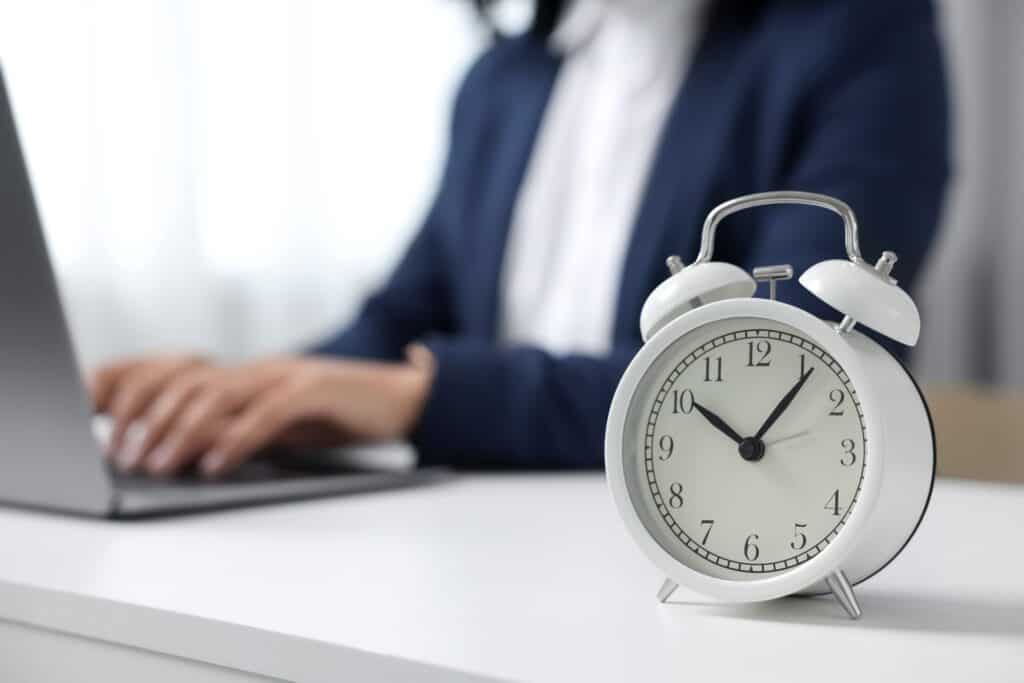
45. Utilize Decision Charts for Structuring Thoughts and Decision-Making: Decision charts are your secret weapon for organizing thoughts and making informed choices.
Lucidchart provides decision tree templates to create structured decision charts.
46. Manage Hyperfocus with a “Body Double”: Set limits for hyperfocus and partner up with a “body double” for support. A “body double” is a supportive individual who sits or works alongside someone with ADHD to help them stay focused and on track with tasks. This strategy provides external structure and reduces feelings of overwhelm and isolation during work.
FocusMate offers virtual “body double” sessions for enhanced focus and accountability.
47. Be Mindful of Time Spent on Others to Maintain Productivity: Balance your time wisely. Being mindful of how much time you give to others helps maintain your productivity.
48. Monitor Time and Tasks to Identify Patterns and Improvements: Keep an eye on the clock! Monitoring your time and tasks helps you identify patterns and find ways to improve.
RescueTime is a time tracking app to monitor your productivity and time spent on various activities.
49. Try Time Blocking and Focused Work Sessions: Boost your productivity with time blocking and focused work sessions. Break your day into distinct chunks of time, each dedicated to specific tasks. Choose a task, set a time block for it, and eliminate distractions. Stay focused until the block is over, then take short breaks before moving on to the next task. This method keeps you organized, focused, and efficient, helping you accomplish more with less stress.
50. Use Focus Music for Enhanced Concentration: Listen to instrumental or ambient music specifically designed to improve focus and concentration. Websites and apps like Focus@Will or Brain.fm offer curated playlists to boost your productivity during work sessions.
Memory and Planning

51. Create a “Launch Pad” for Essential Items: Designate an area by the front door, like a basket or shelf, to keep your keys, wallet, and other must-haves. No more frantic searching before heading out!
52. Lay Out Clothes and Critical Items the Night Before for Smoother Mornings: Smooth sailing in the morning! Lay out your clothes and essential items the night before to start your day stress-free.
53. Jot Down Essential Information to Counter Memory Lapses: Strengthen your working memory by keeping a notepad handy to jot down important information and avoid forgetfulness.
54. Upside-Down Medication Bottles as Refill Reminders: Keep those prescriptions in check! When you finish a medication, turn the bottle upside down as a reminder to get a refill.
Personal Care

55. Keep a sufficient supply of medication and set reminders for refills.
Make sure you always have enough medication by getting refills on time. Use reminders, like phone alarms or sticky notes, to avoid forgetting.
56. Establish Daily Routines for Self-Care: Create consistent daily routines for personal care activities such as grooming, hygiene, and relaxation. Following a structured routine can help you stay organized and prioritize self-care.
Any.do is a task management app that includes a feature to create morning routines and prepare for the next day.
Also read: How to Stick to a Routine with ADHD
57. Practice Mindful Breathing: Incorporate mindful breathing exercises into your daily routine to reduce stress and increase focus. Take a few minutes each day to breathe deeply and clear your mind, promoting a sense of calm and relaxation.
58. Join support groups or clubs to socialize and build a support system. Being part of support groups or clubs can help you connect with others who understand your challenges. It’s a great way to build a support system and make new friends.
Getting Organized with Adult ADHD
Remember, these organizing tips are meant to be tools in your organization journey, so try out different strategies and see what works best for you. With some patience and persistence, you can create a well-organized life that fits your ADHD needs perfectly. Happy organizing!


